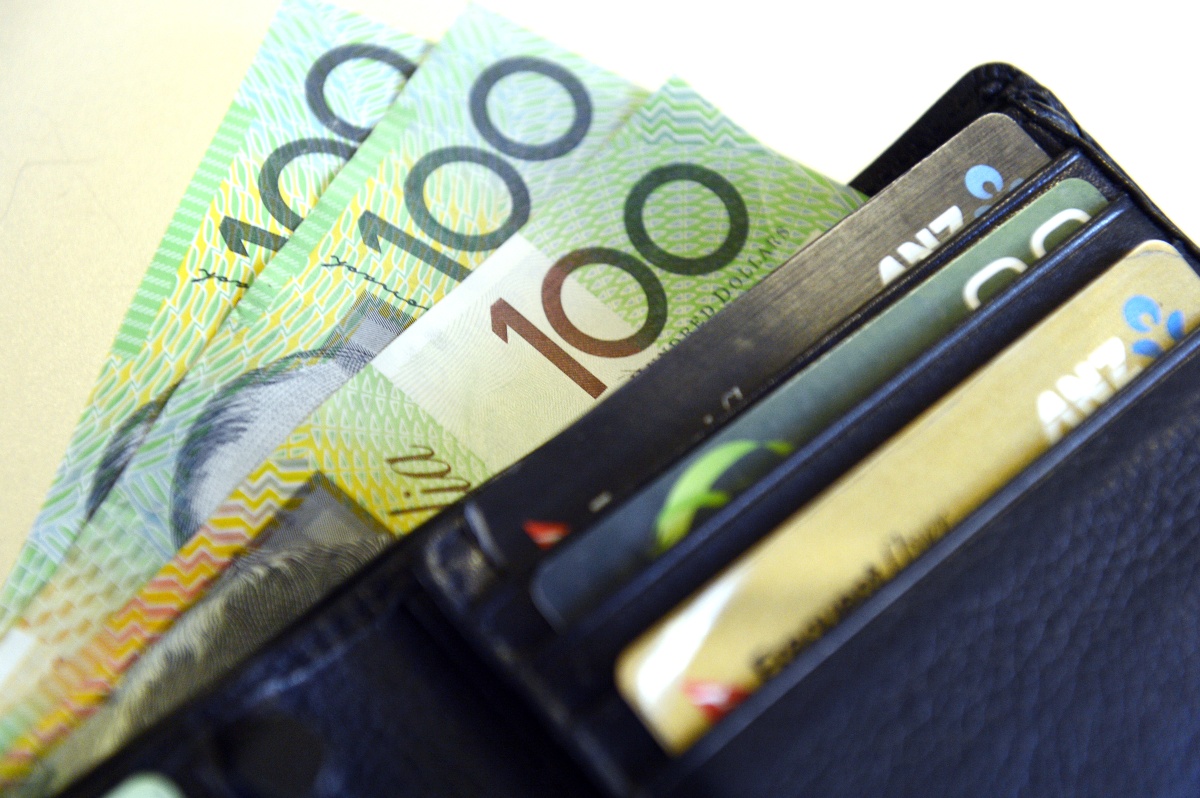Cash still king (or at least not dead) as experts welcome payment protections

The Albanese government’s protection of cash payments for essential goods policy has been welcomed by experts, who say the move is needed to protect society’s most vulnerable.
The directive from the federal Treasury, announced on Monday, will ensure that essential items at supermarkets, pharmacies and petrol stations can be purchased using physical money.
Steve Worthington, an adjunct professor at Swinburne University’s School of Business, Law and Entrepreneurship, said the phase-out of cash payments would disadvantage some parts of society.
“It allies with what some other countries have done already, particularly the Scandinavian countries like Norway and Sweden who have legislation that cash must be available,” he said.
“There are different categories of people who would like to keep using cash, particularly senior citizens and people who live in regional areas where sometimes the internet is irregular.”
In Norway, citizens have the right to use cash on payments up to 20,000 kroner, or about $2800 at current exchange rates, while Sweden’s central bank has threatened banks with regulation to ensure businesses have access to it.
Dr Alex Belli, a senior lecturer in marketing at the University of Sydney, said the total percentage of transactions that use cash has been steadily declining for a decade.
You might like
“The amount of transactions that have been by cash has halved. It’s now 16 per cent,” he said.
“Research earlier this year that we did also showed that with the introduction of cashless methods, people tend to purchase more.”
Enforcement
Belli said as it becomes more normal for people to go without carrying notes and coins, this discrepancy is expected to disappear.
“The new generation of consumers – generation alpha and those that are going to come into the picture – they don’t feel the need to carry a wallet,” Belli said.
“They have all the convenience of having cards in their digital wallets and digital payment methods and I believe the amount of cash payments in the future is going to go down even further.”
Treasurer Jim Chalmers said the rate of businesses that accept cash has fallen from 99 per cent before the Covid-19 pandemic to 94 per cent currently, but there would be carve-outs for small businesses.
Worthington said it would be wise to ensure long-term stability for the use of cash within Australian society.
Stay informed, daily
“The government has said it is already going it is going to eliminate surcharging by debit cards by the beginning of 2026, which is a time frame for this as well,” he said.
“That is conveniently after the next election, so this is a bit of politics and the devil is in the detail, yet there isn’t much detail here yet.”
He said monitoring and enforcing the ban may prove difficult for the Australian government and the Australian Competition and Consumer Commission.
“The ACCC hasn’t convicted anyone for surcharging for several years and the regulators have found it difficult to control this,” he said.
“The other point is what’s the definition of a small business, who is going to define it and who is going to measure it?”
Cashless society
The concept of a completely cashless society has raised questions about privacy and a number of conspiracy theories, but Worthington said he doesn’t believe that Australia will become a cash-free society any time soon.
“It’s a long way off,” he said.
“Decades, rather than years away.”

About 1.5 million Australians use cash to make 80 per cent of their in-person payments, according to the Australian Treasury.
Belli said cash and monetary notes “should always have a space in our society”.
“Even if you think from a culture and tourism perspective, it helps give us a national identity,” he said.
“There should be policies that can help the maintenance of cash around our society.”
Want to see more stories from InDaily SA in your Google search results?
- Click here to set InDaily SA as a preferred source.
- Tick the box next to "InDaily SA". That's it.








